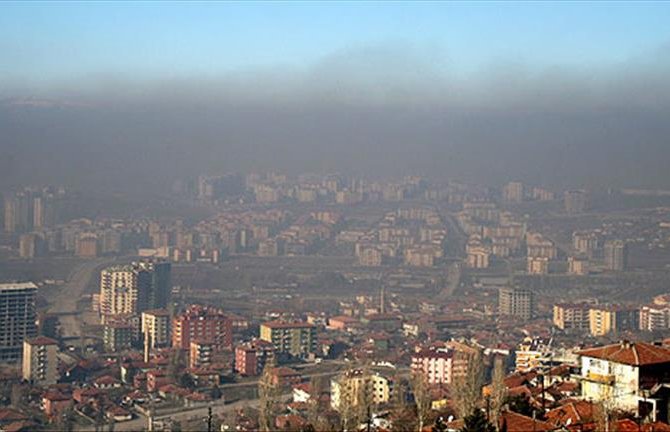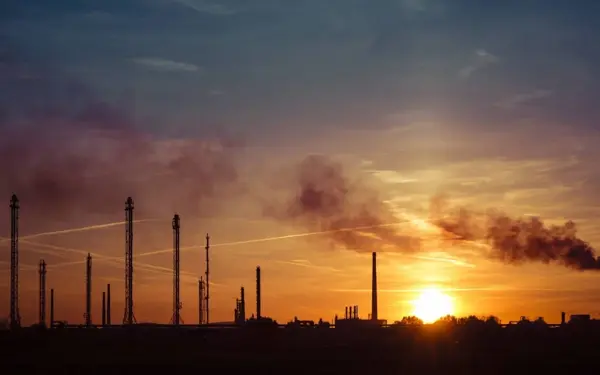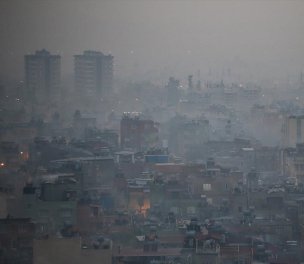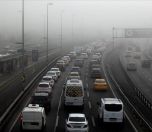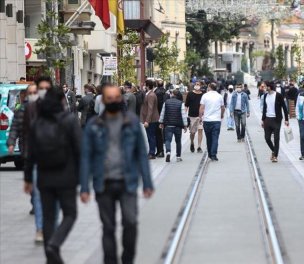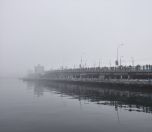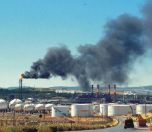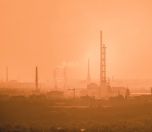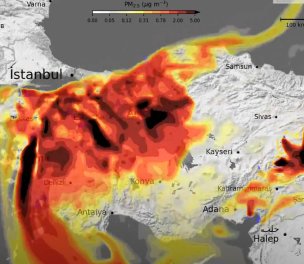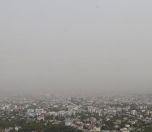Smog over Ankara. (Photo: AA/File)
Click to read the article in Turkish
World Health Organization updated its air quality guidelines yesterday (September 22) for the first time in 15 years.
It has lowered the limit value from 20 to 15 micrograms per cubic meter for fine particulate matter (PM2.5) and from 10 to 5 micrograms per cubic meter for particulate matter (PM10).
Air pollution is 3.4 times above these values in İstanbul and 3.8 times higher in Ankara, Greenpeace Mediterranean said in a statement.
Turkey does not sufficiently measure air quality and has no national limit value for PM2.5, Greenpeace noted. It said air pollution caused 15,000 premature deaths and 6.6 billion US dollars of loss in İstanbul in 2020.
Every year, exposure to #AirPollution is estimated to cause 7⃣ million premature deaths and result in the loss of millions more healthy years of life. guidelines recommend air quality levels to protect health and save lives around the https://t.co/7NnUI54JzT pic.twitter.com/C3CaWnVChf
— World Health Organization (WHO) (@WHO) September 22, 2021
"No safe threshold"
Gökhan Ersoy, a project manager at Greenpeace Mediterranean, said, "We all need to breathe clean air in this age of crises where we are fighting disasters exacerbated by the climate crisis on the one hand and trying to protect ourselves from the pandemic on the other.
"However, the understanding that is destroying the planet is robbing us of our right to clean air as well. Against this understanding, limit values, which will stop polluting activities, are the most effective policy instruments we have for short-term protective measures. But these alone are not enough.
Public health science and the WHO had to revise their values "every decade," which shows that there is no "safe threshold," Ersoy asserted.
"It is seen that the pollution values are much higher than the limits all over the world in the hot spots where there are high-traffic highways, organized industrial zones and power plants with fossil fuels such as coal.
"For this reason, we should immediately plan a calendar to leave coal, diesel and gasoline vehicles behind." (KÖ/VK)




